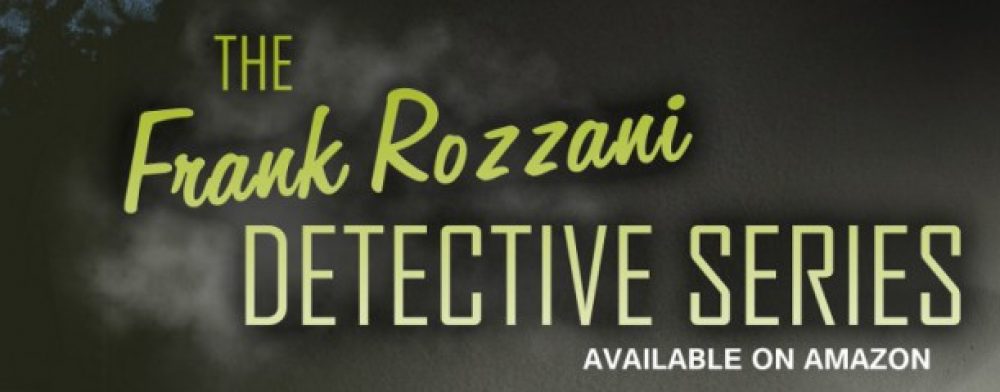 This post focuses on the importance of using an editor and enlisting beta readers if you are an independent author.
This post focuses on the importance of using an editor and enlisting beta readers if you are an independent author.
Let’s start by comparing/contrasting independent and traditional publishing. In traditional publishing, an author receives an advance (if he or she is lucky). This advance is usually a fairly small amount. The author may then receive royalties for books sold after a certain number. The royalties can vary from pennies per book to dollars if you are a bestselling author. In exchange for allowing the traditional publisher to publish your work, you receive editing, formatting, publicity, and marketing services. The quality and effectiveness of these services can vary depending on how much the publishing company believes it can make from your book. In the end, very few published authors make a living wage from traditionally published books.
Independent authors know that their world is a different one. All of the services mentioned for traditional publishers are either do-it-yourself or individually purchased from the many service providers out there. Future blogs will talk about which of these services make sense for independent authors, but I want to focus on the two that I believe are the most important and what you should look for in each.
 The first, and perhaps most important, service that an independent author should look for is editing. What is editing with respect to a book? There is no simple answer to this. I suppose that editing, in its purest form, is checking your work for punctuation, spelling, usage, and grammar errors. These things are important. You may think, as an author, that you are an expert on these things. You may very well be very proficient in these areas, but over the course of a 70,000 word manuscript consisting of your own work, you are going to miss something. Having a fresh set of eyes with some expertise can help save you embarrassing typos and spelling mistakes.
The first, and perhaps most important, service that an independent author should look for is editing. What is editing with respect to a book? There is no simple answer to this. I suppose that editing, in its purest form, is checking your work for punctuation, spelling, usage, and grammar errors. These things are important. You may think, as an author, that you are an expert on these things. You may very well be very proficient in these areas, but over the course of a 70,000 word manuscript consisting of your own work, you are going to miss something. Having a fresh set of eyes with some expertise can help save you embarrassing typos and spelling mistakes.
I am very fortunate. My editor is a dear friend, but not the type of friend that will tell me something is good when it is not. I mentioned before that, in my opinion, editing services can vary. The qualities that set my editor apart is that she is an avid reader and has writing ability of her own. She spots weak story elements and plot inconsistencies and is excellent at documenting them.
If you are using a friend, or anyone, as an editor, you must be able to take criticism and be willing to implement the suggested changes. It is rare that I disregard or disagree with the changes my editor suggests. Your mindset should be that your editor is the first reader of a particular work. If they have issues with elements of your work, this will be multiplied exponentially once you publish your work if you do not change them. You need to trust your editor and develop a working chemistry with him or her to be effective in producing quality work.
Finding an editor can be a challenge. There are, however, various services out there such as eLance and Fiverr. I have provided services on eLance and they do have a decent screening process where you can vet potential editors. I have used services on Fiverr, most notably for my cover art and trailers. Services on Fiverr are inexpensive, but you have to carefully vet your service provider or you might get what you pay for. Of course, I am always willing to share my editor. She is very good at what she does and has bandwidth to take on other clients.
 The second focus of this blog is the use of beta readers. Beta readers are early previewers of your book that read through it after the editing process is complete. They look for story element inconsistencies and other elements of your book from the perspective as a fan and a reader. It’s a good idea to pick a couple of readers that are big fans of your writing, but are not afraid to give suggestions. This process is like having a focus group or preview audience for your product that gives their opinion to you on a small scale before you release it to the relentless general public. Beta readers will spot things in your book that you and your editor missed such as inconsistencies in character traits, likability of your characters, and other intangibles. This is especially importance if your characters span more than one book in a series. You don’t want to publish a book in a series that has continuity issues with previous books.
The second focus of this blog is the use of beta readers. Beta readers are early previewers of your book that read through it after the editing process is complete. They look for story element inconsistencies and other elements of your book from the perspective as a fan and a reader. It’s a good idea to pick a couple of readers that are big fans of your writing, but are not afraid to give suggestions. This process is like having a focus group or preview audience for your product that gives their opinion to you on a small scale before you release it to the relentless general public. Beta readers will spot things in your book that you and your editor missed such as inconsistencies in character traits, likability of your characters, and other intangibles. This is especially importance if your characters span more than one book in a series. You don’t want to publish a book in a series that has continuity issues with previous books.
One famous example of this, and he actually points this out in the forward of his second book of the series, is from David Morrell’s Rambo series. In the first Rambo book, John Rambo dies. When the book was made into the Sylvester Stallone movie, the studio had the dollar signs associated with sequels in their eyes. Since zombies weren’t in fashion back then, Rambo’s fate had to be changed in the movie. The interesting thing is that Morrell had the novelization rights for the sequel and had to right the second book in the series despite having killed off his main character in the first book. In his forward, he tells this story and basically says that he ignored Rambo’s death in the first book and just wrote the sequel. Of course, Stallone went on to make other sequels and Rambo eventually turned into a parody of the original character.
You might ask why, as an independent author, I am focusing on editors and beta readers. To answer that question, download some works from your fellow authors and look at the quality. There are some books of excellent quality in the world of independent publishing. And then there are some that are…not so much. Independent authors have a stigma, mostly perpetuated by traditional publishing, that the quality is lacking in their work. Those authors, such as Hugh Howey, that have survived and thrived in independent publishing have debunked this perception. In my work, I am trying to publish work of high-quality as well. I personally don’t believe this is possible without strong editing and beta readers.
I want to see independent publishing evolve into a force that overtakes traditional publishing. I don’t think that a group of corporate publishing wonks in an ivory tower in New York should decide what books should and should not be published. The recording industry has gone in the independent direction, and movies and television are following. Let’s work together as authors to make our quality stand up against the traditionally published work. Editing and the use of beta readers are a big step in that direction. If you use them wisely, you will recoup and exceed every dollar that you invest in your writing.

